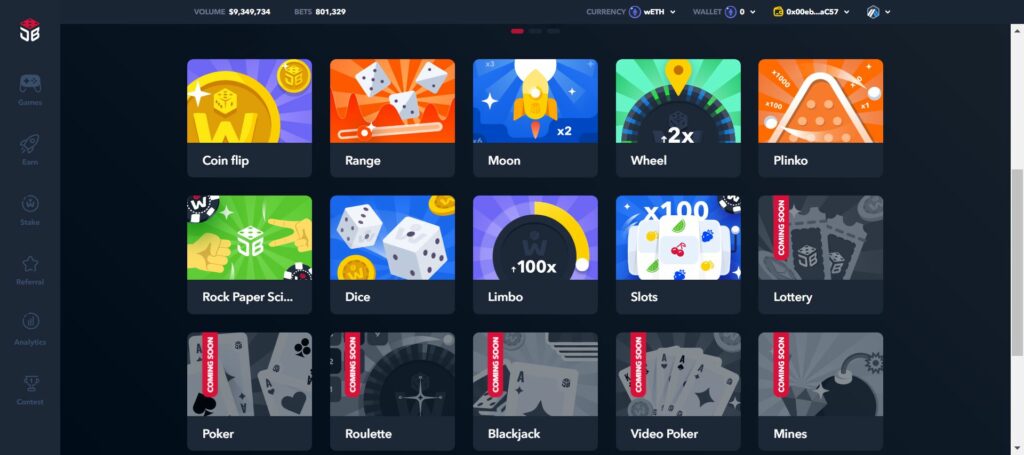As Nigeria braces to receive the e-Naira, which is set to be launched by the Central Bank of Nigeria (CBN) on October 1, 2021, many are starting to inquire about the security of this new digital currency and if it is vulnerable to hackers.
Reviewed publications from the Central bank of Canada and interviewed security experts on the matter.
Securing your e-Naira would be by Proof of ownership, you could either keep them in a bank account, or you keep them in an e-wallet that contains the CBDC tokens’ “anonymous” private key. The e-Naira would be maintained in an account, the account’s distributor (usually a commercial bank) must validate your identification before opening the account. These KYC standards are in place to prevent money laundering, terrorism financing, and other financial crimes.
The big advantage of account-based ownership is that it reduces criminal activities and we know quite well how to effectively protect these accounts from hackers. Also, if an account owner forgets the password to the account, the money isn’t lost. Access to the account can be restored once the rightful owner has been identified beyond doubt.
But of course, the problem with account-based ownership of CBDC is that it is not anonymous and that in emerging markets (especially), millions of people do not have access to banks. There are legitimate reasons why people want or have to use physical cash as a medium of exchange and if we want to introduce CBDC as a true alternative (or substitute) of physical cash, there needs to be some form of privacy protection.
The Bank of Canada has done an excellent job of enumerating all of the dangers that a CBDC faces. In essence, the issue is that most criminals are unaware of how much money is kept in individual wallets. As a result, they gravitate toward the largest pool of money and tend to target the major cryptocurrency exchanges, banks, or, in the case of CBDC, the central bank itself.
In particular, hackers from countries like North Korea, who have already successfully hacked into the central bank of Bangladesh in the past, will be targeting CBDC networks.
According to the Bank of Canada report, the most straightforward way to steal CBDC is to seize control of the majority of nodes in a distributed ledger, allowing criminals to control all tokens. This is one of the main reasons why the CBN will most likely not employ a public network for its CBDC, instead opting for a permission network of participating banks and organizations that are tightly regulated and have the necessary security measures in place.
Nonetheless, computational power is always increasing, so what appears unhackable today may not be so in a few years. In fact, quantum computing is on the verge of becoming a reality.
What are the experts saying?
Access granted (name changed), a black hat hacker had this to say:
“Despite the fact that quantum computing is a work of fiction, the key security gap for any CBDC already exists. It’s you, of course.
“I tell them that modern cryptographic methods are so secure that I’m not concerned about them being constantly hacked in order to take digital money. When the largest security risk to digital currency is sitting in front of the computer, criminals just don’t need to put in the effort.
You can always reach us through these channels Facebook: https:/www.facebook.com/ancitymedia Instagram: https://www.instagram.com/ancitymedia Youtube Channel: https://youtube.com/@ancitymedia
Phone Numbers: 07062501185, 09038738731 E-Mail: info@ancity.com.ng, anambracity@gmail.com Copyright. This Post: e-Naira: How safe is Nigeria’s Central Bank Digital Currency? was approved and published by Ancity Media Editor and may not be republished elsewhere without prior written permission from the Editor. |
















